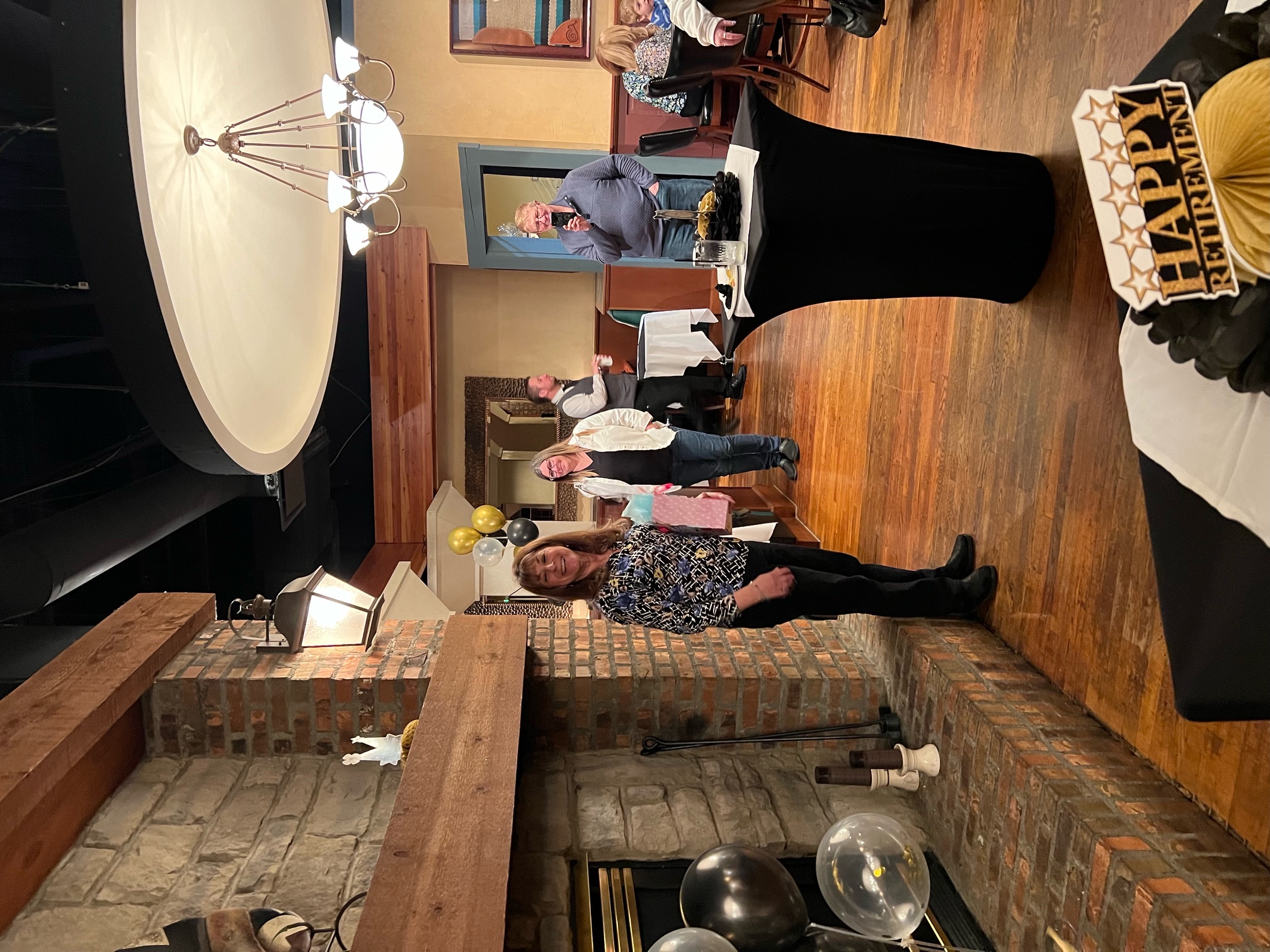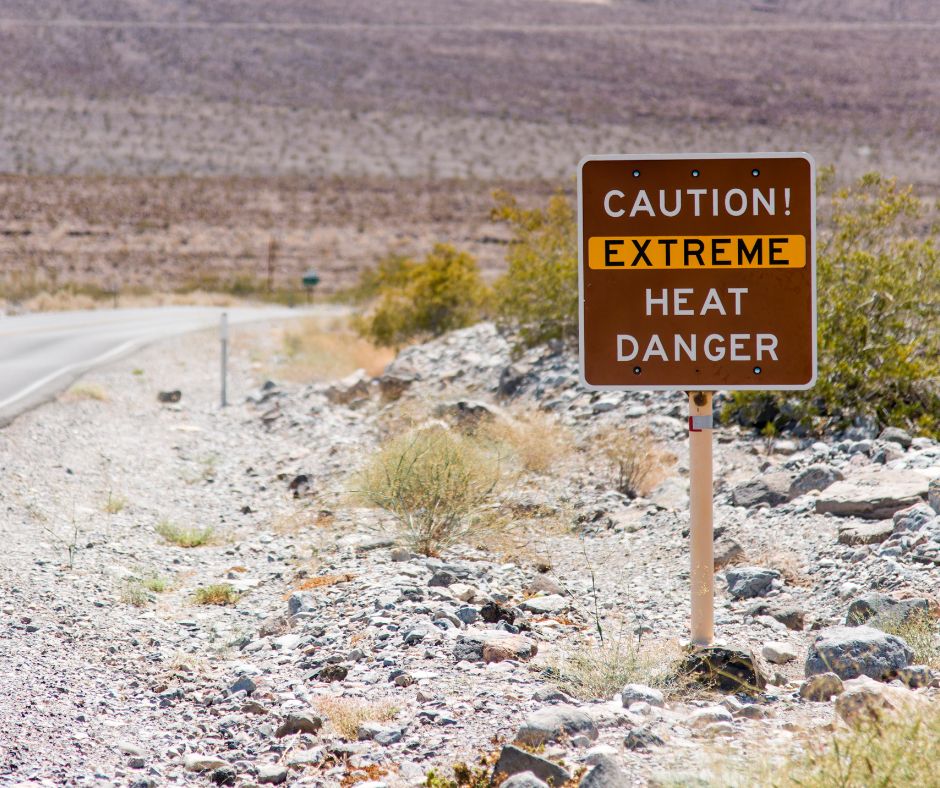News and Updates
Month: April 2024
2024 Spring Cleaning
Things are in bloom in Ohio, which is a sure sign of spring…even on the days it doesn’t feel like it. For many people, this means spring cleaning - opening windows, organizing the garage, and getting rid of outmoded things that don’t really serve you anymore. Your business relationships should be evaluated right along with those beat-up gardening gloves that you’re hesitating to throw out. Employers have good intentions of doing this at the end of the year, but things get in the way and it often doesn’t happen. So why not do some spring cleaning with your vendors and administrative tasks? Here are some questions you might want to consider: Has your payroll processor been easy for both you and your employees to reach with questions or urgent issues? Is your workers’ comp TPA proactively managing claims in addition to processing paperwork? Is Ohio BWC’s one-size-fits-all approach working for you? If your company offers FMLA, does your staff feel 100% confident managing the program and claims from a compliance perspective? Did your broker do their best to shop and present you with the best renewal options? Are they talking to you about different plan designs, or only fully-funded? Unemployment claims and fraud have both been running rampant. Is that a task you want to keep in-house? Is your EMR in the right range to win RFPs, and pass checks with vetting software like ISNetWorld and Avetta? If yo
A Fond Farewell for an Exceptional Claims Professional
We’re very lucky to have not only low turnover, but to have employees who choose to spend the majority of their career with Spooner’s family of companies. At the end of April, we’ll be bidding farewell to one of those long-term employees, Sue Ridge. After serving as a claims examiner for hundreds of Spooner Inc clients over the years (47 years, to be exact), Sue will be retiring. We miss her already, but we wish her the very best in enjoying the years to come. We celebrated her career with us last week at J. Liu in Worthington, Ohio. Cheers, Sue! Congratulations on your
2024 Holy Day
For several years, Spooner Risk Control has sponsored The College Hoops Holy Day of Obligation, (because if College Basketball was a religion, the first day of the NCAA Men’s Tournament would be a Holy Day of Obligation). Officially it began in 1996, but a lower-key version of it had been celebrated for several years prior with Steve Spooner and some of his former co-workers. Every year, Holy Day raises money for a local family in need. This year, the event raised money for the Telgkamp Family. Sam Telgkamp is 27 years old and has been diagnosed with ALS (Lou Gehrig’s Disease). The total of $5,200 raised will help ease the financial burden on Sam and her family as she battles this disease. Sam was just beginning her career as a Child Advocate for Nationwide Children’s Hospital when she was diagnosed. Her father, Dan, is the Junior High Mariemont Girls Soccer Coach and an assistant coach for the Mariemont High School Girls Lacrosse Team in the Cincinnati area. The Spooner family of companies is proud to be part of this annual
Heat-Related Illness Prevention
OSHA has established a National Emphasis Program (NEP) on heat-related illness prevention, which addresses heat-related hazards in the workplace. They believe this NEP (which they’re working to make a permanent standard) is necessary because of the statistics surrounding heat-related illnesses and injuries. There are over 3,500 work-related heat illness cases reported annually, with 43 of them being fatalities (BLS average 2017-2021). The program went into effect on April 8, 2022, and is a nationwide enforcement initiative allowing OSHA to proactively inspect workplaces for heat-related hazards across general industry, maritime, construction, and agriculture operations. It applies not only to employers who operate outdoors (e.g., construction, farming, landscaping), but to indoor operations as well (e.g., manufacturing, warehousing, transportation, etc.). In fact, the list of targeted industries includes over 70 NAICS codes. The NEP emphasizes the importance of employers providing access to water, rest, and shade (or escape from heat sources), as well as adequate training and acclimatization schedules for new and returning employees. The program also establishes “heat priority days” when the heat index is expected to be 80°F or higher, prompting OSHA inspections within certain industries. The first step toward compliance is a multi-faceted assessment of your operations and environment to determine risk levels. This includes f





